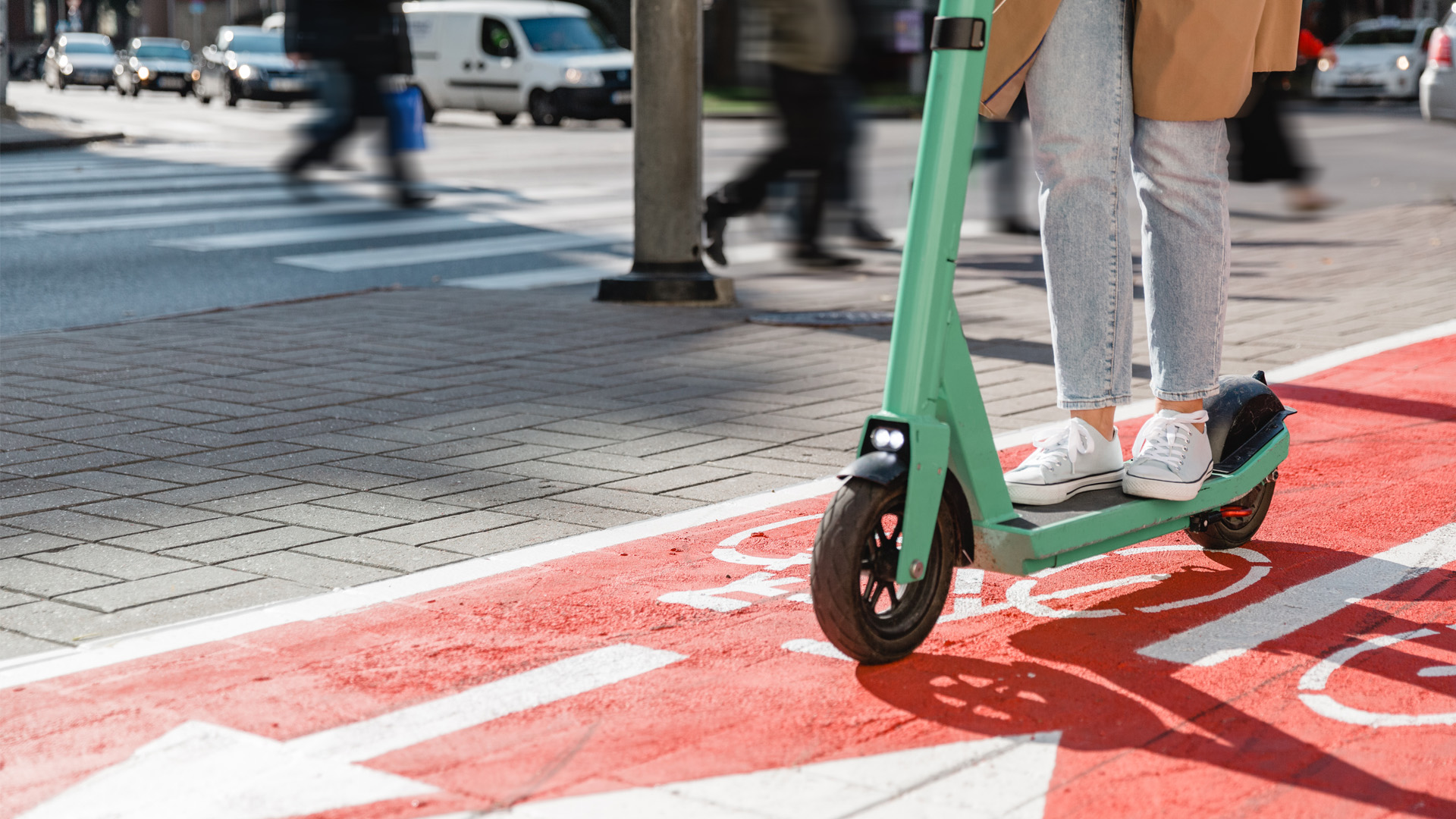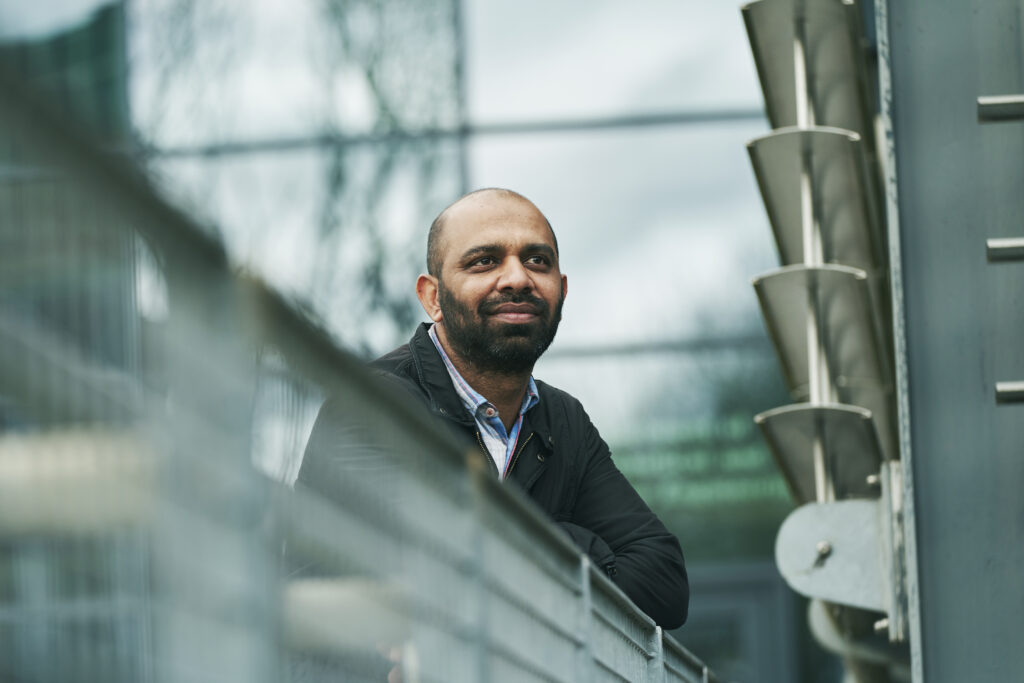Researcher in Residence: Unlocking sustainable transport

In India, where motorised transport is deeply ingrained in societal norms and even short distances are covered by vehicles, the environmental impact of transport emissions is significant. Electrifying transport modes presents a promising solution, but its adoption, especially in low- and middle-income countries like India, has been slow. To address this challenge and to understand relationships with sustainable transport, a pioneering project is underway between Connected Places Catapult and Loughborough University’s Yasir Ali to understand the barriers to the uptake of shared electric micro-mobility in India.
Leveraging the well-established psychological theories and its applications in transport, this project aims to delve deep into the intentional uptake behaviour of road users. Collaborating and complementing the Connected Places Catapult’s trial in Kolkata, India, the project plans to survey approximately 1000 road users to gauge their willingness to embrace shared micro-mobility, specifically two-wheel electric scooters for short trips.

“The only way forward in this technological-driven world, if we are going to improve the quality of the environment, is to get everybody involved and make better use of technological solutions for better tomorrow.”
Using survey data, the project will construct two crucial models: a structural equation model to uncover the socio psychological factors influencing users’ acceptance and technological adoption, and a choice model to estimate the willingness to use two-wheel electric scooter micro-mobility modes. By analysing these models, the project aims to unravel the moderating effects of socioeconomic characteristics and psychological factors in the adoption of shared electric micro-mobility.
Speaking about the project, Yasir said: “The only way forward in this technological-driven world, if we are going to improve the quality of the environment, is to get everybody involved and make better use of technological solutions for better tomorrow.”
Ultimately, the project seeks to achieve three key objectives: (i) identify determinants that deter the use of shared electric micro-mobility for short-distance trips, (ii) provide actionable guidelines to increase their uptake, and (iii) propose pathways for scaling up and transferring the findings to other similar cities in India and beyond. Through these efforts, the project aims to pave the way for a more sustainable and accessible transport landscape in India, with potential implications for urban mobility worldwide.



